I offered a 10-hour workshop at the Digital Humanities Institute Beirut (DHIB), 4-5 May 2019. It is a miniature version of a course I will be teaching at NYU Abu Dhabi in Fall 2019. The slides are available at Zenodo here.
Brief description: This ten-hour workshop explored elements of the contemporary “quantified self” movement and its claims to “self-knowledge through numbers” focusing on contexts outside of the West/global North. It adopted a data-centered approach to gather, analyze and visualize data about the self in order to evaluate the phenomenon critically.
Preparation for the Workshop: Check out some of the 325(!) “Show and Tell” sessions here.
Requirements: Participants should come with a laptop and a updated smartphone (iOS or Android) with plenty of charge each day.
Outcomes. Participants in this workshop will:
- explore basic arguments in the contemporary context of self-tracking and the datafication of human life.
- be exposed to relevant issues in information privacy related to device usage and commercial data aggregation.
- collect some data about themselves in familiar surroundings
- practice data storytelling techniques reusing that data (map visualization, plotting).
- discuss to what extent these data reflect their own life experience, or constitute “self-knowledge”.
- examine critically the risks and benefits of QS applications for emerging and vulnerable environments.
Breakdown
Saturday 4 May, 0900-1130 — Session 1
- introduction to quantified self (QS) movement and to its globalization in the public & health sectors.
- discussion of data privacy, geo-privacy, app gamification.
- exploration of the data collection capacities of a smartphone / wearable technologies.
- lunch exercise: observing the data collection apps already on your phone.
Saturday 4 May, 1430-1700 — Session 2
- exploration of self-tracking apps: their functions, gamified nature, benefits and drawbacks, the exportability of data
- working with a couple apps to set up (temporal & spatial) data collection exercise for a one day period.
Sunday 5 May, 0900-1130 — Session 3
- debriefing about data collection: findings and shortcomings.
- discussion of a few short passages from critical literature on QS and media studies (Maturo/Moretti; Rettberg; Wernimont; Lupton).
- exporting the data from the apps.
- presentation of relevant data visualization techniques.
- lunch exercise: completing your data collection, if you haven’t already at night.
Sunday 5 May, 1430-1700 — Session 4
- reusing that data for storytelling purposes (map visualization, plotting).
- wrap up.
For more information, see the bibliography of my forthcoming colloquium as well as the QS bibliography and 325 Show&Tell talks.






